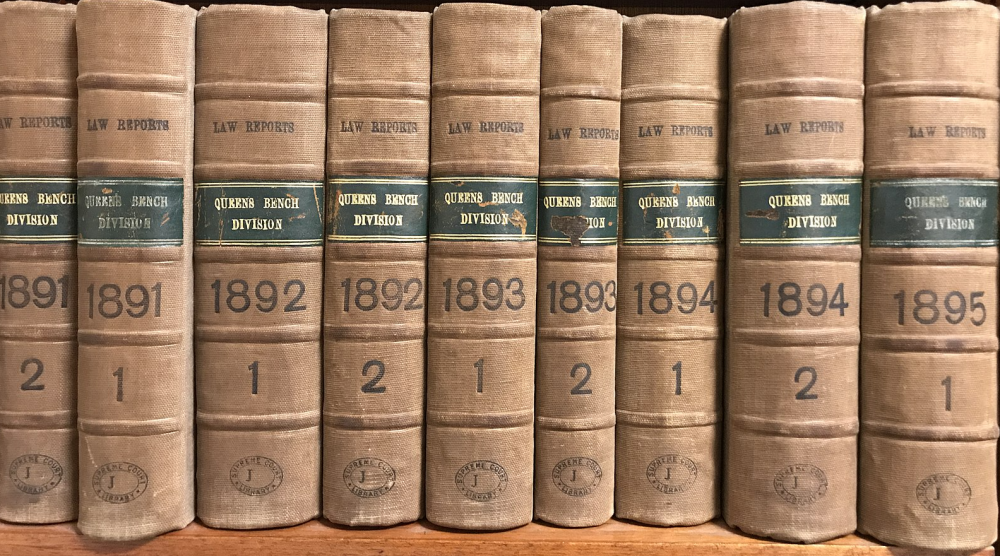West Midland Baptist (Trust) Assn v Birmingham
Jump to navigation
Jump to search
|
The Jolly Contrarian Law Reports
Our own, snippy, in-house court reporting service.
|
The traditional approach was stated crisply by Lord Reid in West Midland Baptist (Trust) Assn v Birmingham [1970] AC 874, 898-899, a case concerning compulsory acquisition:
- “We cannot say that the law was one thing yesterday but is to be something different tomorrow. If we decide that [the existing rule] is wrong we must decide that it always has been wrong, and that would mean that in many completed transactions owners have received too little compensation. But that often happens when an existing decision is reversed.”
Later on, Lord Nicholls said:
- “Whatever its faults the retrospective application of court rulings is straightforward. Prospective overruling creates problems of discrimination. Born out of a laudable wish to mitigate the seeming unfairness of a retrospective change in the law, prospective overruling can beget unfairness of its own.
- “This is most marked in criminal cases, where ‘pure’ prospective overruling would leave a successful defendant languishing in prison.”
While the court didn’t rule out the idea of prospective overruling —“‘Never say never’ is a wise judicial precept, in the interests of all citizens of the country” — this present case was “miles away from the exceptional category in which alone prospective overruling would be legitimate”.
